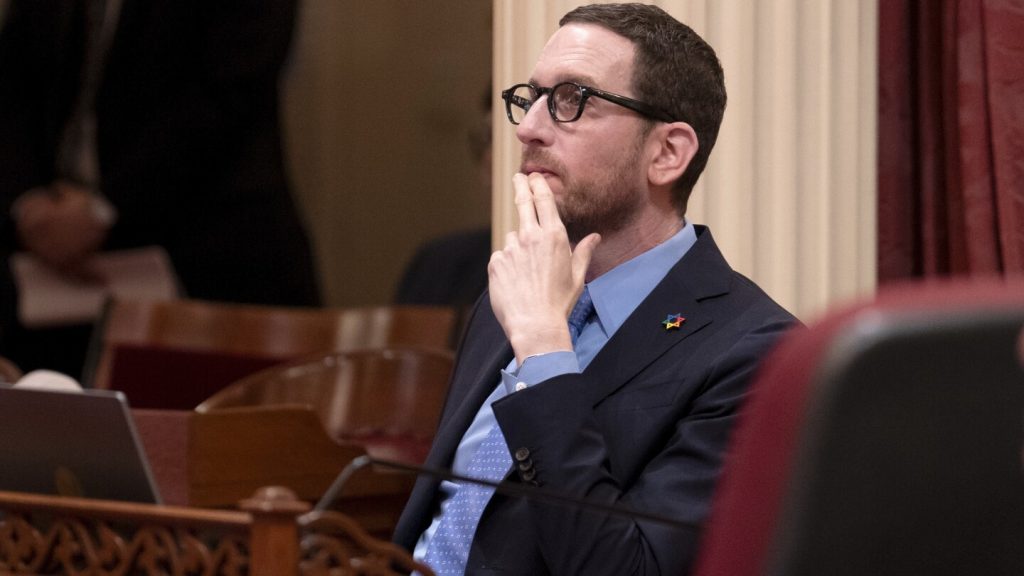The state of California is making strides in establishing safety measures for artificial intelligence systems, with a bill that aims to reduce potential risks created by AI passing an important vote. This legislation would require companies to test their AI models and disclose safety protocols to prevent scenarios such as the manipulation of systems to disrupt essential services like the state’s electric grid. If signed into law by Governor Gavin Newsom, it could set an important precedent for U.S. regulations on rapidly evolving AI technology. The bill, authored by Democratic Sen. Scott Wiener, has faced opposition from venture capital firms and tech companies who believe that federal regulations should be established instead.
Supporters of the bill argue that it is necessary to establish safety ground rules for large-scale AI models in the United States, with Republican Assemblymember Devon Mathis emphasizing the importance of regulating Big Tech to prevent potential disasters. The legislation targets AI systems that require over $100 million in data to train, although no current models have reached that threshold. Advocates for the bill believe that it strikes a balance between innovation and safety, as California remains a leading hub for AI technology companies. The bill’s passage has also been supported by AI startup Anthropic, backed by Amazon and Google, who see it as crucial in preventing the catastrophic misuse of powerful AI systems.
Despite its supporters, the bill has faced criticism from various groups, including tech giants like Google and Meta, who argue that the California legislation unfairly targets developers rather than focusing on those who exploit AI systems for harm. Former House Speaker Nancy Pelosi and the Chamber of Progress, a Silicon Valley-funded industry group, have also expressed concerns about the bill, suggesting that it is based on unrealistic scenarios from science fiction rather than real-world risks. However, Sen. Wiener defended his legislation by stating that the potential risks from powerful AI models are not unrealistic, emphasizing the importance of addressing these risks before they become a reality.
The debate over AI regulation in California reflects a broader conversation about the potential risks and benefits of AI technology, as lawmakers grapple with how to build public trust, fight algorithmic discrimination, and prevent the misuse of deepfakes. With AI increasingly impacting daily life in America, state legislators are attempting to find a balance between harnessing the potential of AI innovation and mitigating its potential risks. California, known for being home to many top AI companies, is at the forefront of these discussions and could soon deploy AI tools to address various societal challenges. Governor Newsom, who had previously expressed concerns about overregulating AI, will have until the end of September to decide on whether to sign the bill into law, veto it, or let it become law without his signature.


